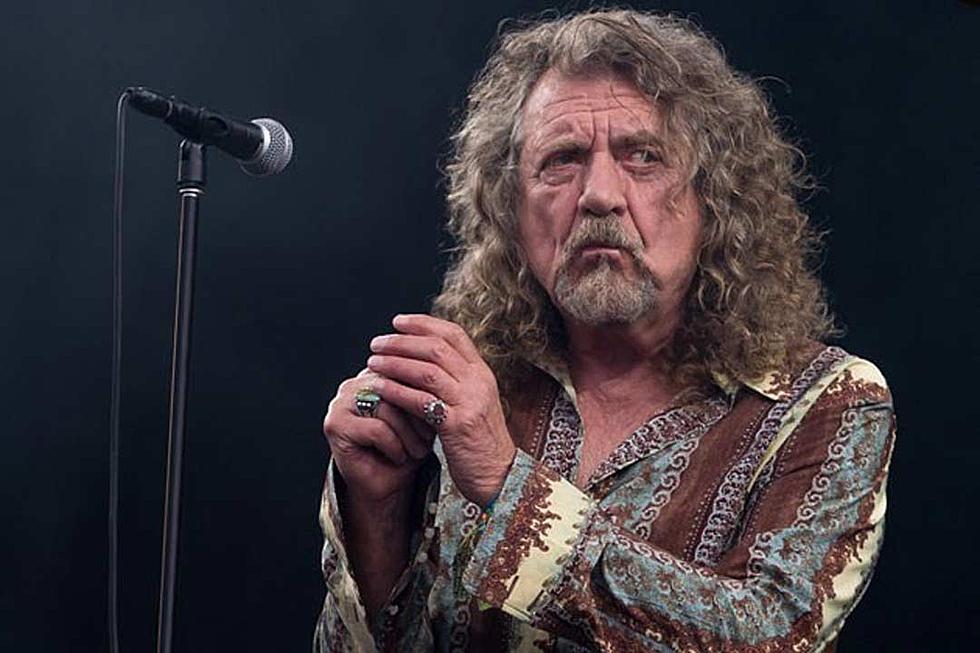Renowned singer and songwriter Robert Plant initially soared to fame as the frontman of Led Zeppelin, a band that would later claim its place as one of the best-selling acts in the history of music. With estimated global record sales ranging between 200 to 300 million, it’s astounding to consider that this colossal achievement was accomplished within a relatively brief tenure of the band’s activity.
The band came to a tragic end in 1980 with the untimely passing of the legendary drummer John Bonham at the age of 32. Two years later, however, Plant launched his solo career, exploring diverse musical styles and intentionally avoiding the repetition of Led Zeppelin’s work. Throughout the following decades, he remained keenly interested in emerging bands, particularly during the 1980s, offering praise on various noteworthy groups.
Like many, Plant held the legendary prodigy Prince in high regard. According to the Led Zeppelin frontman, the Purple One pioneered “sheer entertainment and audacity.” Plant even considered him among the “most impressive” musicians whose artistry draws from “all sorts of areas.” However, although Plant appreciates the late star, working with him would be a different question entirely, mostly because he would feel intimidated by his talent.
Formed in California in 1979, the rock band Faith No More has garnered a cult following over the years. Although they seem the most heavy in Plant’s list of favorites, their musical contributions are much loved among many rock and metal fans. “Their first album. It’s like, I, ME, listen to this,” Plant said. “And if you don’t like it, off!!! You can’t spend all your life whimpering away about the ex-wife. The vocal attitude, the hard, heavy garage rap. I like very much.”
In the ’80s, Plant also commended R.E.M., an ensemble fronted by Michael Stipe and comprising Peter Buck, Mike Mills, and Bill Berry. They unveiled their inaugural album, Murmur, in 1983, but it was their 1987 album Document that solidified their status as major players, with hits like ‘The one I Love’ and ‘It’s the End of the World as We Know It (And I Feel Fine)’.
Speaking in 1988, Plant explained the different styles that he was trying out on his albums: “I’ve ferreted around,” he said. “Working incessantly, trying different things out. If I made a record tomorrow that sounded like parts of R.E.M.’s Document, I’d be really pleased.”
Alongside appreciating cleverly woven musical arrangements, Plant also enjoyed many of the industry’s most beautiful singers. The late Sinéad O’Connor, for instance, had a major impact on many artists across multiple genres, and Plant was no exception. He told Q Magazine that “she captivates me, wins my heart, wins my whole being”. Even though Plant’s musical repertoire stands in stark contrast to O’Connor’s, her influence on his work highlights her significance as an artist and musical innovator.
In conclusion, Robert Plant’s musical journey through the 1980s was marked by admiration for diverse talents, from the audacious Prince to the heavy and passionate sound of Faith No More, the chart-topping success of R.E.M., and the captivating voice of Sinéad O’Connor. These artists left an indelible mark on Plant, influencing his own musical endeavors and contributing to the rich tapestry of the music industry.
